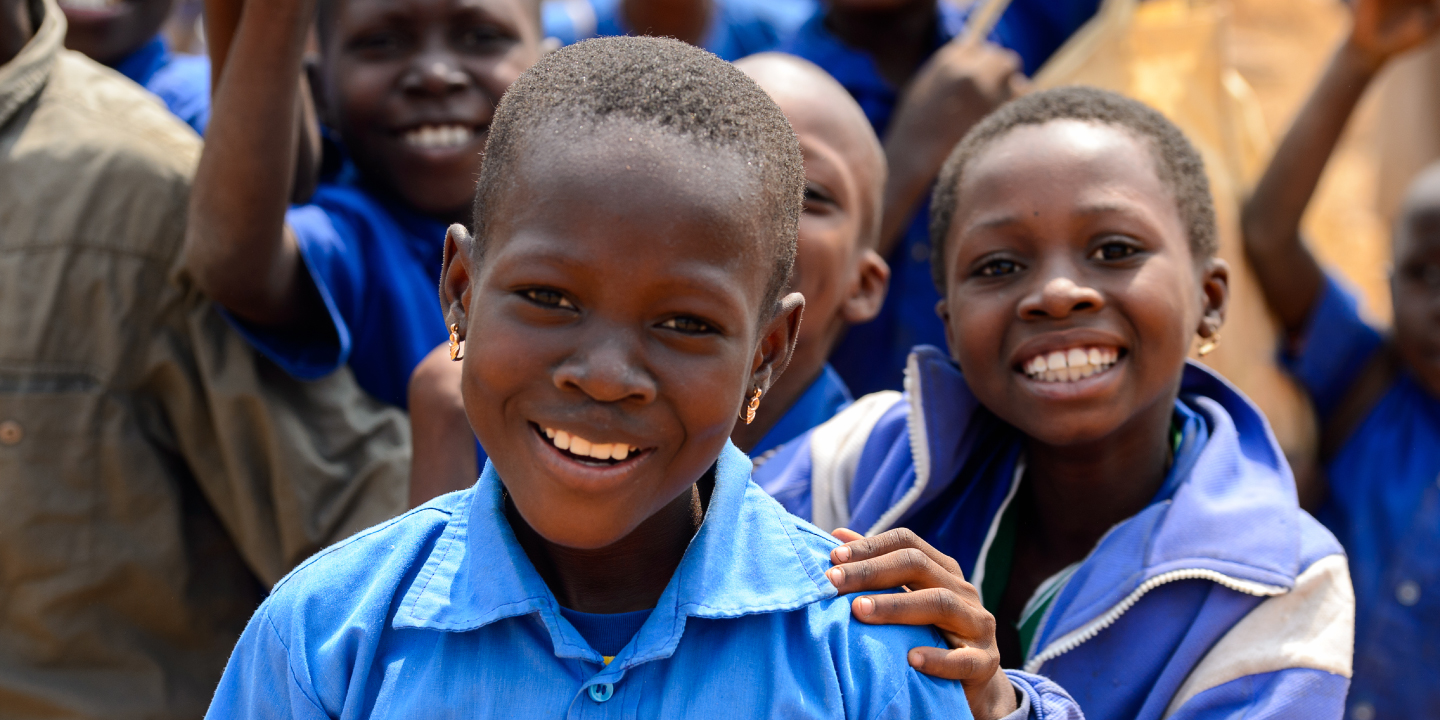
Measuring the impact of a girls education program in Zambia
Research 18 Aug 2021 4 minute readACER is expanding its work in Africa through the evaluation of the Zambian Girls 2030 program.
The Zambian Girls 2030: Realizing My Potential program was initiated in 2016 through a partnership between the Ministry of General Education (MoGE) and UNICEF. The program aims to ensure better educational and employment outcomes for Zambian girls through various educational interventions at the secondary school level. The ACER evaluation will shed light on the results achieved against the targeted objectives and the potential for expansion of the program.
Girls’ education continues to face challenges in Zambia. Secondary schooling is not free and many families cannot afford to educate all of their children. Socio-cultural factors, such as early sexual debut and intergenerational sex, teenage pregnancies, sexual abuse, early marriages, the cost associated with girls’ school attendance, girl-unfriendly school structures, gendered roles and responsibilities, and child labour lead to low participation of girls in secondary school.
The interventions of the program are particularly targeted towards improving the transition rates of girls from primary to secondary education, secondary school completion rates, participation of girls in tertiary education, and their employability and entrepreneurial skills. The ACER evaluation examined in detail three components of the program to report the implementation challenges, expansion opportunities, and sustainability.
- School level career and skills clubs: girls in grades 5 to 12 attend career club meetings every week where teachers provide advice on a range of subjects, such as financial literacy and entrepreneurship skills, leadership and communication skills, life skills, as well as sexual and reproductive health.
- District level career and skills camps: girls in grades 8 and 9 participate in district-level career and skills camps during school holidays. Female leaders and sector experts present workplace realities.
- Career internship program: girls in grades 10 to 12 are provided with opportunities to work as corporate interns during the school holidays. This involves a full-time placement for two weeks each year.
The ACER team assessed if the Zambian Girls 2030 program has been able to:
- achieve the intended results at output and outcome levels
- use the program resources (financial, human, and technical) effectively to achieve results
- respond to the needs and priorities of the beneficiaries, as well as the strategic priorities of the MoGE
- establish key conditions and factors for the program to continue effectively without external support.
ACER used an exploratory and mixed methods approach – quantitative and qualitative – to gather the evaluation data. Some of the broad questions for investigation include: To what extent has the program addressed gender barriers enabling girls to stay in school? Have girls gained an interest in Science, Technology, Engineering and Mathematics (STEM) subjects? Have they achieved an active role in the labour market?
The evaluators interviewed 30 girls, 12 boys, one school leader, and one guidance and counselling teacher in each sample school. They also conducted focus group discussions with parents and caregivers living close to the school. Representatives from MoGE, UNICEF, Restless Development, and other key stakeholders were interviewed to gain insights into the program components. The evaluation questions were mapped against the OECD-DAC criteria of effectiveness, efficiency, relevance, sustainability and equity. Thirty schools spread across Mungwi, Luwingu, Mbala, and Mpulungu districts in the Northern Province, and Pemba, Sinazongwe, Namwala, and Monze in the Southern Province were covered in the evaluation study.
‘This evaluation strengthens our gender and equity focused research portfolio. Girls are the recipients of the project, key respondents in the evaluation, and the most important group to be impacted by the recommendations. Moreover, nearly 1600 respondents were contacted, following the COVID-19 safety protocol, amid the challenging times presented by the pandemic,’ says Sanjay Tripathi, Project Director, ACER India.
The program catalyses progress towards achieving Zambia’s Vision 2030 of becoming a prosperous middle-income nation and enables the involvement of women in the formal labour market. This external independent assessment will reveal the challenges and opportunities for expanding the program to other parts of Zambia and assist policymakers and development partners in evidence informed decision making. The findings of the evaluation will be available in 2021.
This article was first published in International Developments issue 10.
